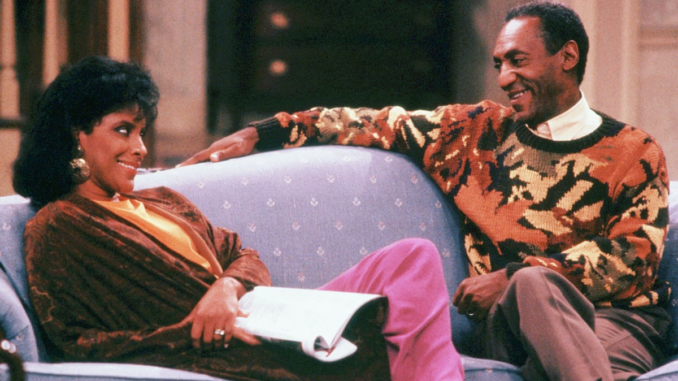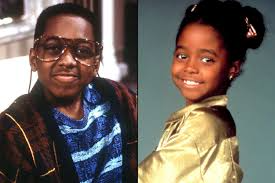
Introduction:
Throughout its run, The Cosby Show faced its share of praise and criticism. While it was hailed as one of the most important shows in television history, its legacy has been complicated by the later actions of its star, Bill Cosby. Despite this, the show’s cultural impact remains undeniable. In this article, we’ll take a look at how the show went from facing controversy to becoming beloved by fans worldwide, as well as how its legacy is viewed today.
The Initial Criticism:
At the time of its debut, The Cosby Show was groundbreaking for its portrayal of an African-American family, but it didn’t escape criticism. Some critics felt that the show was too idealistic, presenting an unrealistic version of black family life that didn’t reflect the struggles many African-Americans faced. Others argued that it was too focused on upper-middle-class values and lacked the depth of other sitcoms that portrayed working-class characters.
The Praise for Breaking Barriers:
Despite this early criticism, the show’s success quickly overshadowed the naysayers. The Cosby Show became an instant hit, breaking new ground for African-American representation in prime-time television. The portrayal of an educated, successful African-American family resonated deeply with viewers, and the show became a symbol of empowerment and progress. Critics and audiences praised its ability to blend humor with real-life issues and to create positive role models for a generation.

The Legacy of the Show Today:
Today, The Cosby Show is still remembered as one of the most important sitcoms in TV history. While Bill Cosby’s later scandals have tarnished his personal legacy, the show itself continues to be celebrated for its cultural significance and groundbreaking portrayal of black families. The show’s lasting impact on television and society is undeniable, and it remains a touchstone for how African-American families can be represented on-screen.
